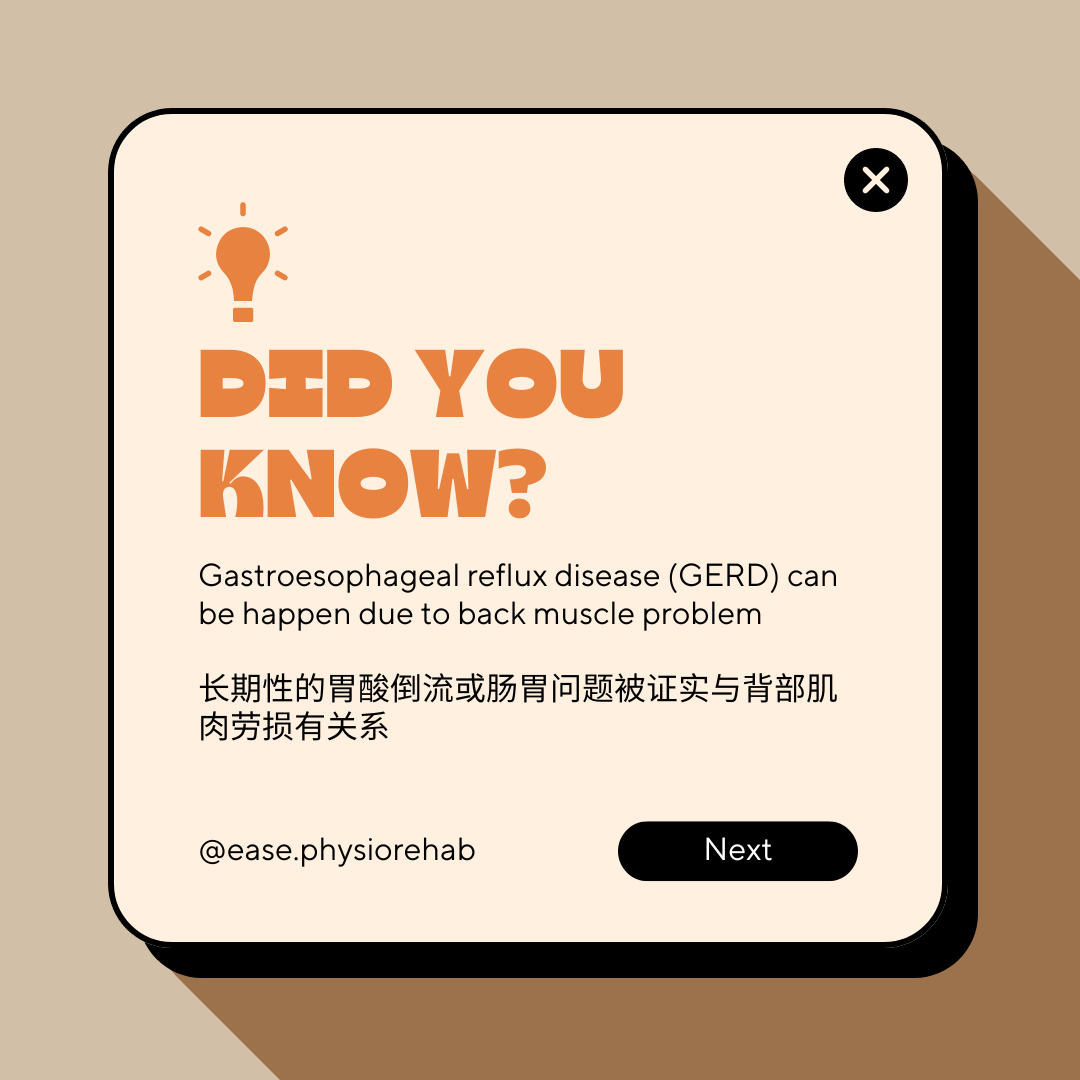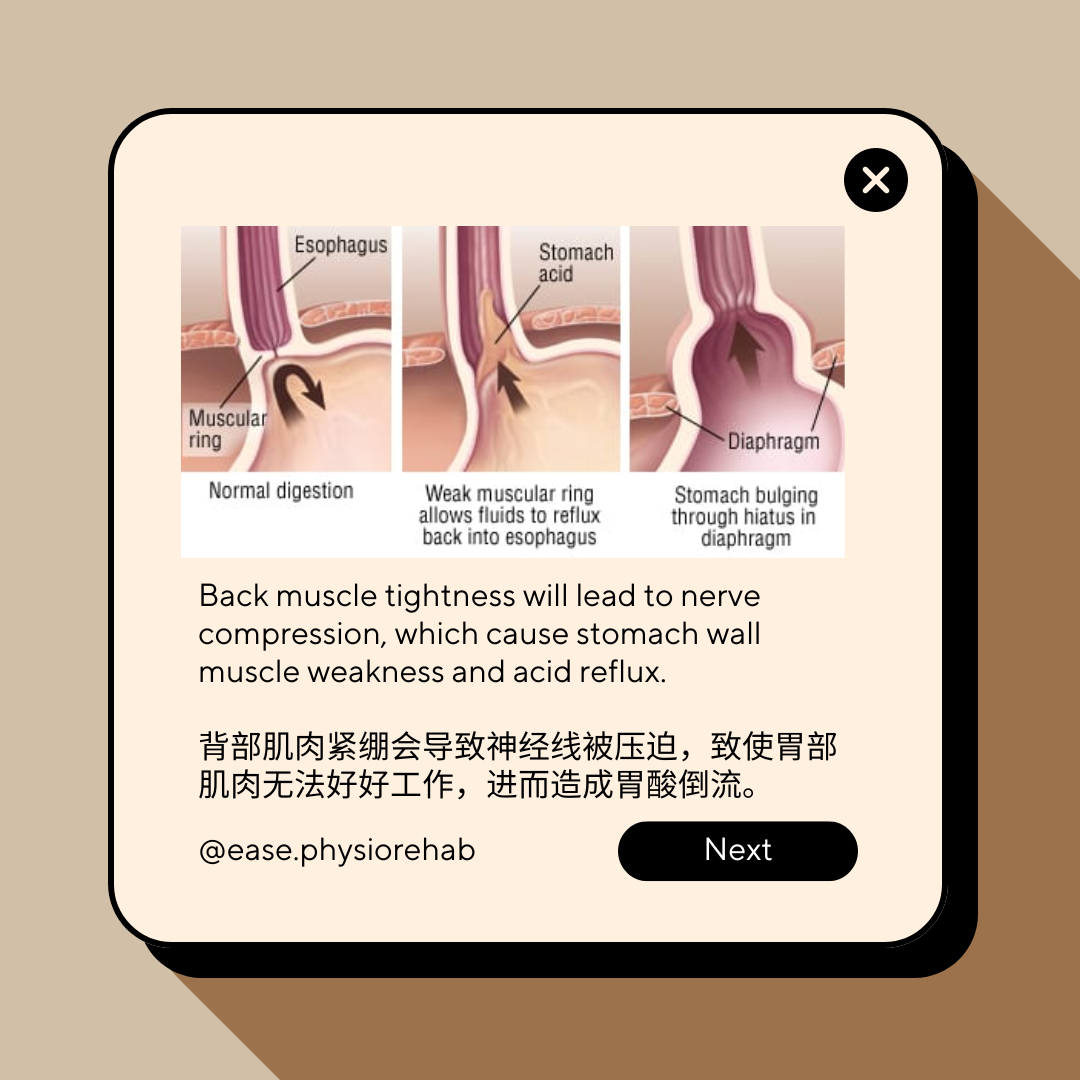The most common symptoms of GER and GERD are heartburn and regurgitation. Other possible symptoms includeTrusted Source:
Occasional acid reflux is quite common, often occurring as a result of eating a large meal, lying down after eating, or eating particular foods. However, recurrent acid reflux, or GERD, typically has other causes and risk factors and can have more serious complications.
GERD occurs in people of all ages and sometimes for unknown reasons. It happens when the valve that prevents stomach contents from going back up to the esophagus becomes weak or opens when it should not.
GERD occurs more commonly in people:
In addition, hiatal hernia is a condition in which an opening in the diaphragm lets the top of the stomach move up into the chest. This lowers the pressure in the esophageal sphincter and increases the risk of GERD.
GERD is a chronic disease that requires long-term management. Doctors often treat GERD with medications and by suggesting lifestyle changes. If symptoms do not improve, doctors may suggest surgery.
Lifestyle modifications are the cornerstone of GERD treatment because they can help improve symptoms. These modifications may include:



 Philippines
Philippines